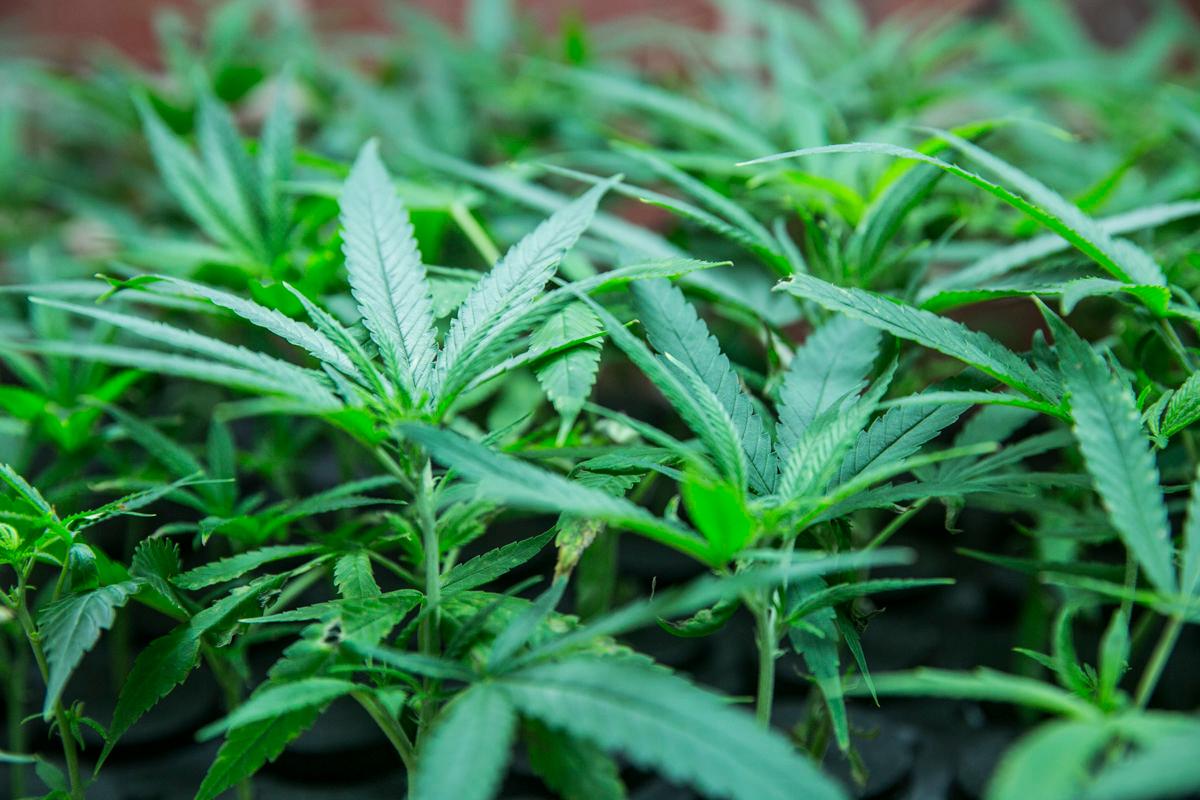

One argument for legalizing recreational marijuana has been to reduce the black market, and so far, Colorado and Washington have had very different experiences, according to editor Tom Wainwright at The Economist. He recently wrote about challenges for states after legalization, and has a new book about the multi-billion-dollar international drug trade called "Narconomics: How to Run a Drug Cartel."
The book is timely, as Alaska is about to join Colorado, Washington and Oregon in opening recreational pot stores.
Wainwright found that in Colorado, about 70 percent of marijuana sales are licensed, while in Washington, it's about 30 percent:
Colorado has set its pot taxes fairly low, at 28% (including an existing sales tax). It has also taken a relaxed approach to licensing sellers; marijuana dispensaries outnumber Starbucks. Washington initially set its taxes higher, at an effective rate of 44%, and was much more conservative with licences for growers and vendors. That meant that when its legalisation effort got under way in 2014, the average retail price was about $25 per gram, compared with Colorado’s $15. The price of black-market weed (mostly an inferior product) in both states was around $10.
The effect on crime seems to have been as one would predict. Colorado’s authorities reckon licensed sales—about 90 tonnes a year—now meet 70% of total estimated demand, with much of the rest covered by a “grey” market of legally home-grown pot illegally sold. In Washington licensed sales accounted for only about 30% of the market in 2014, according to Roger Roffman of the University of Washington. Washington’s large, untaxed and rather wild-west “medical” marijuana market accounts for a lot of the rest. Still, most agree that Colorado’s lower prices have done more to make life hard for organised crime.
At the same time, Wainwright says consumption of marijuana has gone up more in Colorado than in Washington. Wainwright spoke with Colorado Matters host Ryan Warner. Edited highlights from their conversation are below:
Why the tax rate matters for black market sales:
"If you're deciding where to buy your marijuana, if you're a regular user then you've got a choice: At the moment, on the whole, the black market is still somewhat cheaper than the legal market, both in Colorado and in Washington. But what you find there is that quality, if you like, the potency of the stuff you're buying, is much much lower on the black market than it is on the legal market.
The evidence that legalization actually hurts the black market:
"There are a couple of bits of evidence that I think are interesting. One is that there's been an increase in the number of really large seizures of cannabis that we've seen on the Mexican side of the border. What this suggests is that the cartels are finding it hard to shift their products north of the border. They're finding it harder to sell in the United States and so it's mounting up on the Mexican side.
"Another thing that we've seen recently is that the cartels using their drug smuggling tunnels to smuggle migrants instead. From an economic point of view, this doesn't make much sense. These tunnels are very very expensive assets and the migrant smuggling business is far less profitable than the drug smuggling business. So you have to ask yourself, why are the cartels risking these assets on a relatively low value business. The reason it seems is that the drug smuggling business is working a lot less than it used to be."
Why medical marijuana hurts international drug cartels too:
"I think you're right that the medical marijuana business in many other states is a huge supplier of the gray market if you like. California in particular, has a notoriously badly regulated marijuana system. And it seems that there are many growers in many parts of California who are sometimes unwittingly or sometimes perhaps partly wittingly suppling the market in other states."
Why rules around edible marijuana may change:
"Many people who sell marijuana talk about this as sort of an exciting new way to push the product to people who previously haven't tried it. And you can see how if you're not someone who wants to smoke a joint or to smoke a bong or whatever, you may be a bit more tempted to try it if you can get it in an infused product like chocolate or like a drink. ...
"Here in Europe, all kinds of flavored tobaccos or menthol cigarettes, that kind of stuff, are banned on the basis that they might be more likely to appeal to children. And it seems odd to me in a way that although in many states, menthol cigarettes are banned, you can still buy chocolate marijuana and marijuana-infused gummy bears and this kind of thing. I kind of suspect that states with legalized [marijuana] may take a somewhat tougher line on these kinds of flavor products which could appeal more to children."
Why big business is expected to get involved in marijuana sales:
"That's certainly the lesson of history. In the 60s and 70s, big tobacco was interested in the business and now there's evidence that alcohol firms are getting interested too. This is a potentially a gigantic business for them. At the moment, it's still a taboo, but that won't last for long. I wouldn't be surprised if in the future, we start seeing Marlboro marijuana cigarettes. Though they deny it at the moment, I wouldn't rule it out for the future."
More:









